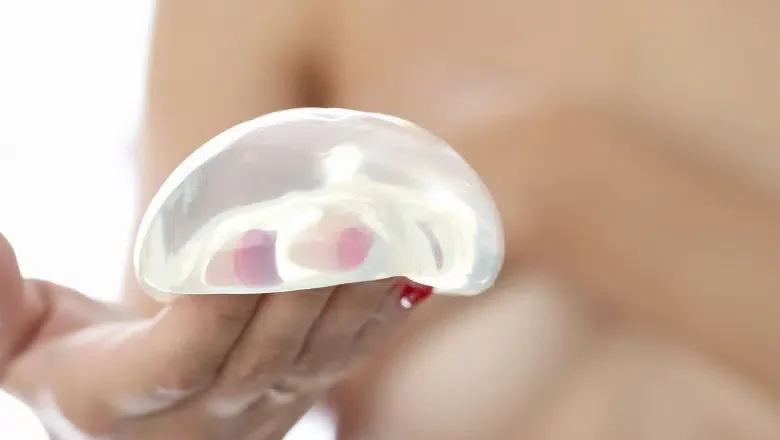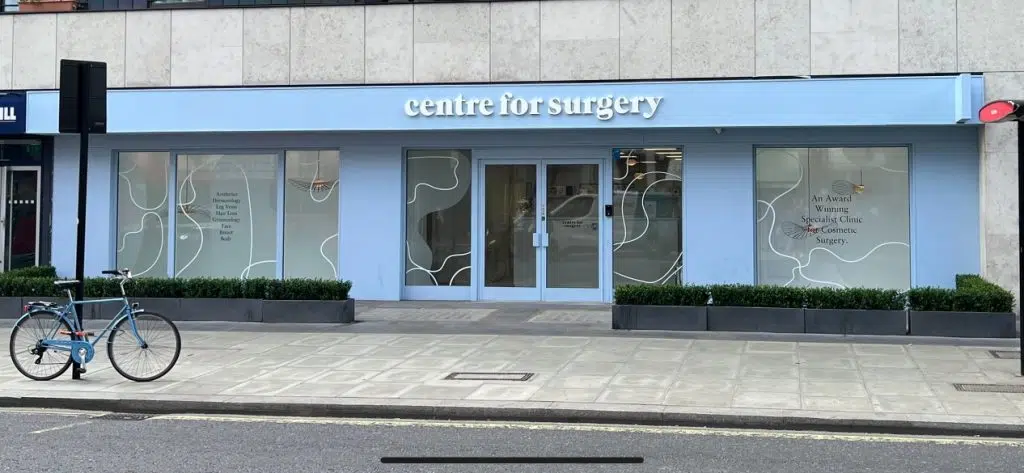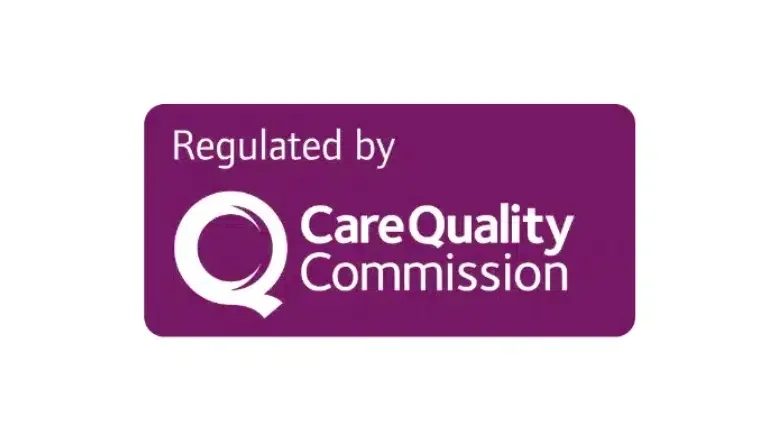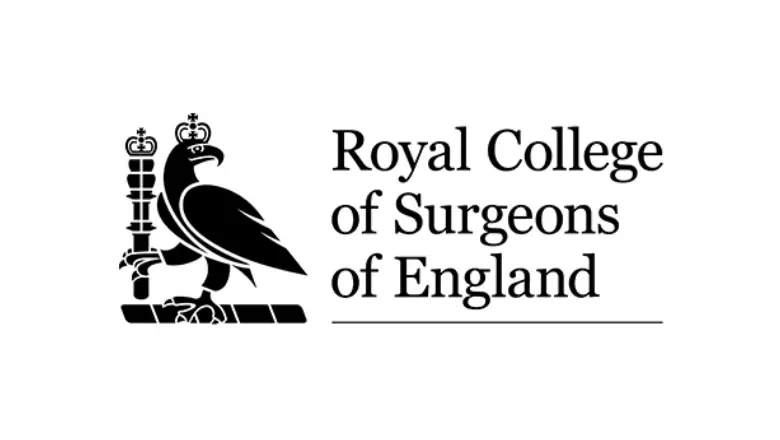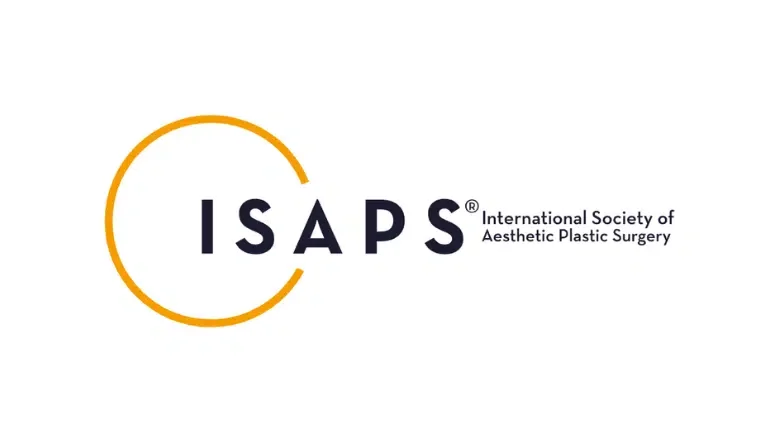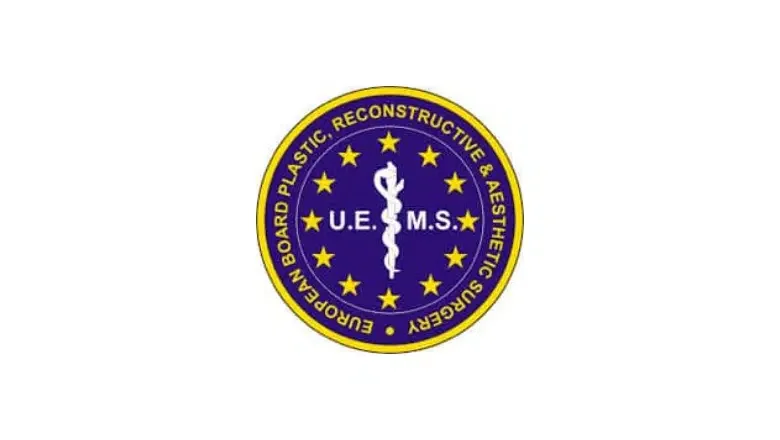Breast Implant Check in London
Ensure the longevity and safety of your breast implants with our comprehensive breast implant check, performed by our expert surgeons.
Breast implant checks for people who have had breast implant surgery take approximately 45 minutes to carry out. Depending on your clinical features, the assessment may take longer. This may be required if your surgeon determines you would benefit from a more detailed examination. Breast implant checks at Centre for Surgery do not need a referral from your GP and cost £600 for a consultation and ultrasound appointment.
RELATED: What are common breast implant problems?
Specific breast implant problems may signify an underlying condition requiring urgent assessment and treatment from the surgeon carrying out your original procedure. Clinical features of potential breast implant problems which require urgent medical attention include:
- Skin redness around the breast
- Persistent swelling that does not resolve
- A constant burning sensation
If you develop any of the symptoms above, you should immediately book an appointment to see your surgeon who carried out your breast implant operation.
Breast implant health check
Many patients may notice problems with their breast implants months after their procedure has occurred, and may be dissatisfied with the results of their procedure. Centre for Surgery is one of the few providers in London and the UK to offer a comprehensive breast implant health check service for patients with breast implant surgery elsewhere for the conditions described below.
RELATED: 3 breast implant safety considerations to know about
How much do breast implant checks cost?
If you have had surgery elsewhere, there is a charge for a breast implant check. A comprehensive check by an expert consultant plastic surgeon costs £600.
Common breast implant conditions
Implant-related problems
Breast implant surgery involves certain risks, including implant leaks, rupture or capsular contracture. When a silicone breast implant ruptures, a patient may develop pain in the breast or notice a change in the shape of the breast. Patients with breast implants placed beneath the muscle may develop a ‘double bubble’ effect, resulting in a breast implant migrating downwards into the lower breast crease.
RELATED: Waterfall Breast Deformity after Implant Surgery
Suppose you develop symptoms related to an affected implant, including pain, persistent swelling, localised lumps or changes in the consistency of the breast, including both excessive hardness and softness. In that case, you can arrange an appointment to see one of our surgeons at Centre for Surgery. Our recommendation is for all women to have regular breast implant checks after having breast implant surgery.
BIA-ALCL
Breast implant-associated anaplastic large-cell lymphoma, or BIA-ALCL for short, is a rare type of lymphoma associated with breast implants. The condition is rare, with between 1 in 1000 and 1 in 10,000 people being affected worldwide, and most commonly occurs in patients with rough-textured implants from Allergan.
BIA-ALCL can take several years to develop, with an average of eight years. Therefore, women have sufficient time to decide on the best treatment option. We always recommend regular breast checks. If the condition is detected early enough, this rare type of lymphoma is effectively treated with breast implant removal and the surrounding capsule.
Breast implant illness (BII)
Breast implant illness is an ill-defined condition involving several nonspecific symptoms, including:
- Fatigue
- Low mood
- Painful breasts
- Itchy breasts
- Generalised body pains
- Palpitations
- Altered body odours
There is a wide variety of different symptoms reported by patients, and there are several discussion groups on social media where patients discuss symptoms they have developed after having breast implants. Little is understood about the basis for the condition and whether there is a definite link with specific symptoms. Here at Centre for Surgery, we take time to listen to our patients and discuss tried and tested treatment options backed by medical evidence for patients affected by breast implant illness.
As of 2025, no valid diagnostic tests exist that can serve as an accurate diagnostic marker for the condition. The medical literature does not yet support the theory that breast implants are linked with the development of several autoimmune conditions. There is also little or no medical evidence that removing breast implants leads to the resolution of patient-reported symptoms thought to be linked with breast implant illness.
RELATED: Is There A Breast Implant Illness Test?
If a woman is keen to have her breast implants removed and is well informed of the potential treatment options available, we respect this and breast implant removal is a viable treatment option in many cases. Whether breast augmentation is done for cosmetic reasons or breast reconstruction, patients must be armed with the appropriate medical information. Before considering breast implant removal, patients must have all the necessary information needed to make an informed decision on further treatment.
RELATED: What is breast implant illness?
How often should I get my implants checked?
We recommend having your breast implants checked every three years after breast implant surgery, preferably with an MRI scan. Two yearly checks thereafter are appropriate to detect silent implant ruptures.
What is a silent rupture?
Modern fourth-generation silicone implants from Mentor feature a firmer gel that maintains its shape even if the integrity of the outer shell is compromised. Therefore, it can be challenging to detect silicone implant ruptures solely through a clinical examination. Either an MRI scan or an ultrasound scan will be needed to detect silent breast implant ruptures. If a patient does not undergo regular diagnostic imaging to assess their implants, a silent implant rupture may go undetected for many years, often without the patient being aware of it.
RELATED: What Happens If A Breast Implant Ruptures?
Although there is no conclusive proof that implant rupture can harm a woman’s health, the silicone gel in today’s implants is designed to stick together and not form a runny liquid substance that leaks outside the breast’s outer shell. However, we still recommend that patients have their breast implants removed even if a silent rupture has occurred and is not causing any symptoms, just to be safe.
What is the alternative to an MRI scan for detecting breast implant problems?
If you are not keen on an MRI scan, a diagnostic ultrasound scan assessment is a suitable alternative for detecting implant ruptures. Some patients may be put off the idea of having an MRI scan as they may feel claustrophobic within the MRI machine. A silent rupture can also be detected using high-resolution ultrasound. Ultrasound scanning of the breast is almost as effective as MRI scans for detecting silent ruptures involving silicone implants.
RELATED: Breast Implant Scans With High-Resolution Ultrasound
Saline implants do not carry the same risk of silent rupture as silicone implants. Although rarely used in the UK, our surgeons are sometimes called upon to assess patients who may have had a breast augmentation overseas with saline implants. People with saline implants can have less frequent breast implant checks as long as they are satisfied with how their breasts look and do not report any breast implant-associated symptoms. Saline breast implant checks can be performed on a 5 to 10-year basis.
Regardless of the type of breast implants a woman has, attending routine breast screening to detect breast cancer is vital. X-ray mammograms do not harm your breast implants, and your radiologist is an expert in interpreting mammograms in patients with breast implants in situ.
Should I get my implants checked if I experience breast pain or swelling?
We would highly recommend being familiar with the symptoms associated with potential breast implant problems. If you develop pain or significant swelling associated with breast implants, you should schedule an appointment to see a plastic surgeon. The following are typical symptoms that could occur, and why we recommend seeing a consultant breast specialist for further investigation.
Excessively hard or round breasts after a breast augmentation, with or without pain may suggest capsular contracture
Approximately one in ten patients in the UK will develop mild degrees of capsular contracture. Non-surgical treatment is advised for mild cases. More advanced cases of capsular contracture may require surgical treatment to remove the affected implant and surrounding capsule with or without replacement with new breast implants. Successful treatment should result in the complete alleviation of any pain or discomfort, with an improvement in the cosmetic appearance of the breast and softer consistency.
Swelling or significant buildup of fluid associated with breast pain may be a presenting feature of breast implant-associated anaplastic large-cell lymphoma, or BIA-ALCL for short
BIA-ALCL is a sporadic type of lymphoma cancer of the immune cells that occurs in approximately one in 30,000 patients with rough-textured implants. It is important to remember that most patients with breast pain associated with swelling do not have BIA-ALCL. In most cases, patients diagnosed with BIA-ALCL can achieve an effective cure with surgical removal of both breast implants and the associated capsule. This is known as en bloc breast implant removal.
We would recommend that all patients be aware of the potential symptoms of breast implant problems and not ignore them. This is also the case for patients who do not have breast implants. Achieving an early and prompt diagnosis gives any treatment the highest possible chances of success. Even if the symptoms you experience are harmless, the peace of mind and assurance you get can be more than worth it.
What should I do if I have concerns about my breast implants?
If you have a concern about your breast implants at any time, you should schedule an appointment to see a consultant plastic surgeon for a thorough diagnostic assessment. This advice applies whether you have had breast implants for one month or for ten years. If you have concerns about your implants, don’t delay and book in to see us.
Whether your symptoms are to do with the aesthetic appearance of the breast or if you experience medical symptoms, seeing an experienced breast specialist can help diagnose the cause of your problem, even if it turns out to be harmless. This is much better than seeking solutions on the Internet which in many cases may not be the most reliable source of accurate medical information.
Common reasons patients choose to have a breast implant check include:
- The patient would like to change their implants to a bigger or smaller size or remove them.
- The breast has developed sagging or significant asymmetry over time.
- Patients have developed symptoms related to having breast implants that are having an impact on their overall state of health.
For women keen to discuss their breast implant options, we would recommend an in-person consultation with a consultant breast specialist to help you find the right solution. Even if no symptoms are experienced, and women are generally happy with their breast implants, we would still recommend having a breast implant check three years after their primary breast implant procedure. By having regular checkups, the risk of complications developing in the future is minimised.
All breast implants have a finite lifespan, and they do not last forever. Although implants may last more than 15 years in many patients, that does not mean they will last indefinitely. Eventually, all patients who have breast implants will need to have their breast implants replaced. After the first ten years of having breast implants, the risk of developing implant rupture increases. This is why it is essential to see your surgeon within the first ten years, at the latest. Over time, the shape of the breasts and body will change. Certain factors, such as pregnancy, breastfeeding, changes in weight, and the natural ageing process, can affect the firmness of the breast tissue, leading to a reduction in skin elasticity. Breast implants often change in appearance after being in situ for ten years or more. Having regular breast implant checks at Centre for Surgery will allow you to discuss potential breast implant options that can maintain or improve the results of your first breast implant surgery.
Breast implant manufacturers offer comprehensive warranties on the implants themselves, with Silimed, Mentor and Motiva providing lifetime warranties. However, revision surgery coverage often lasts only a few years. Specific problems with silicone implants, such as silent ruptures or other breast implant-related issues that may require revision surgery, can usually be covered in whole or in part by the manufacturer’s warranty.
RELATED: Mentor vs Motiva Breast Implants
What are the benefits of having regular breast implant checks?
Breast implant checks can be beneficial for women having:
- Pain, swelling, redness
- Textured implants
- Capsular contracture
- Silent ruptures
- Bottoming out
- Double bubble deformity
A breast implant check may include some or all of the following:
- In-person clinical assessment by a consultant breast specialist
- MRI scan
- High-resolution ultrasound scan
- Blood tests
If you have previously had breast implant surgery at Centre for Surgery and have concerns about your implants, or you have had implant surgery elsewhere and would like to have regular breast implant checks with our consultant breast specialists, call us today on 020 7993 4849 or complete the contact form below.
Breast Implant Check at Centre for Surgery
The Centre for Surgery is a centre of excellence for all types of cosmetic breast surgery, and our surgeons have extensive experience in performing revision breast surgery. Our state-of-the-art Baker Street clinic is located in Marylebone in the heart of central London. We are one of the few clinics in the UK to pioneer a specialist breast implant check service for women concerned about potential breast implant problems.
If you would like to schedule a breast implant check, please get in touch with us today at 020 7993 4849 or complete the contact form below to arrange an in-person consultation with a specialist breast surgeon at Centre for Surgery in London.
FAQs
-
How often should breast implants be checked?Breast implants should be checked regularly to ensure they are functioning correctly and have not ruptured or caused any complications. BAAPS recommends that patients with breast implants have a routine check-up with their surgeon at least once a year. During this appointment, the surgeon will examine the breasts and implants, assess the integrity of the implants, and perform any necessary imaging tests, such as an MRI, to check for any potential issues. It is important to attend these follow-up appointments to ensure the long-term health and safety of the breast implants.
-
How can a silent rupture be detected?Silent ruptures refer to a condition where the breast implant ruptures but remains undetected by the patient. This can occur in both saline and silicone implants. While saline ruptures are usually immediately noticeable, silicone ruptures may not show any visible signs or symptoms, making them more challenging to detect.
Imaging tests, such as MRI or ultrasound, are the most reliable methods for detecting silent ruptures in silicone implants. The MHRA recommends that patients with silicone implants undergo an MRI three years after implantation and every two years thereafter to screen for ruptures. However, some surgeons may suggest more frequent or less frequent follow-up imaging depending on individual factors such as the age of the implants and the patient's symptoms. It is important to attend routine follow-up appointments with your surgeon and inform them of any changes or concerns you may have regarding your implants. -
Can ultrasound detect breast implant rupture?Ultrasound can sometimes detect breast implant rupture, but it is not the most reliable method for detecting silent ruptures in breast implants. Ultrasound is typically used to assess the integrity of the breast implant's shell, but it may not always detect small leaks or ruptures. In general, imaging tests such as MRI are more effective at detecting breast implant ruptures, particularly in cases where there are no visible signs or symptoms of a rupture. Make sure to attend routine follow-up appointments with your surgeon and undergo the recommended imaging tests to ensure the long-term health and safety of your breast implants.
-
Is there a test for breast implant illness?Currently, there is no specific test available to diagnose breast implant illness (BII). BII is a condition in which patients with breast implants experience a range of symptoms, such as fatigue, joint pain, rash, and cognitive difficulties. The exact cause of BII is not well understood, but it is thought to be related to the immune system's reaction to the breast implant.
Since there is no specific test for BII, the diagnosis is based on the patient's symptoms, medical history, and physical exam. Some doctors may recommend additional tests to rule out other medical conditions that could be causing the symptoms. If BII is suspected, the patient may need to undergo removal of the breast implants to determine if the symptoms improve or resolve after implant removal. -
What is en bloc breast implant removal?En bloc breast implant removal is a surgical technique used to remove breast implants and the surrounding scar tissue capsule as a single unit. The term "en bloc" means "as a whole" in French, and the procedure is sometimes referred to as "total capsulectomy." The goal of en bloc breast implant removal is to minimise the risk of silicone or other implant material leaking into the surrounding tissues during removal and to ensure complete removal of the capsule surrounding the implant.
During the procedure, the surgeon will make an incision to access the implant and capsule. The capsule is then dissected away from the surrounding tissues and removed with the implant intact. The surgeon will then carefully examine the capsule and implant to check for any signs of rupture or leakage. If any signs of rupture or leakage are present, the surgeon will take steps to remove any leaked material and clean the surrounding tissues to minimise the risk of complications.
En bloc breast implant removal may be recommended for patients who have experienced complications with their breast implants or who are concerned about the health risks associated with breast implants.

